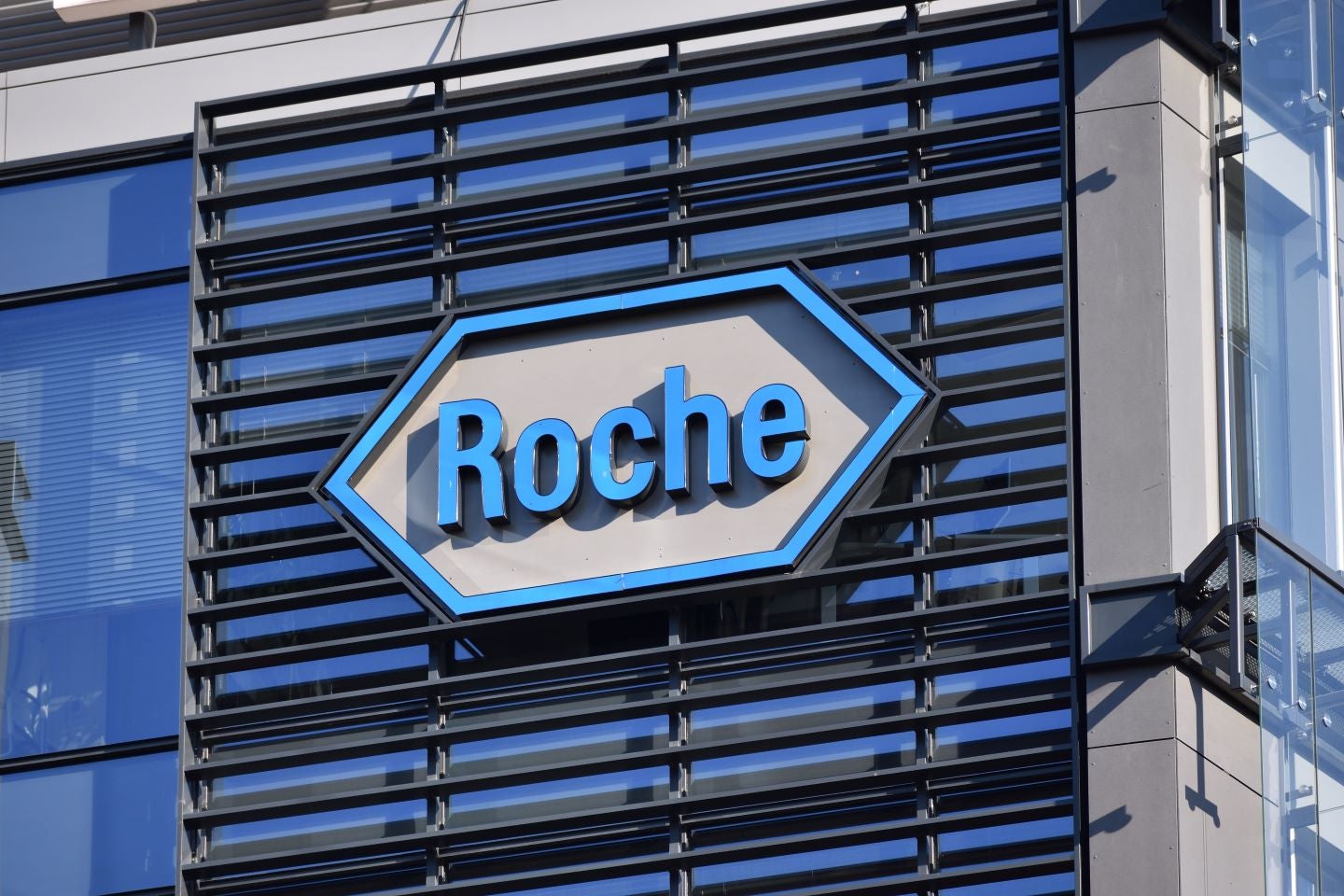On October 24, Dyno Therapeutics announced the formation of a new strategic partnership with Roche to develop adeno-associated virus (AAV) gene therapy vectors to target neurological diseases. The utilisation of AI is a key industry trend in the development of gene therapies in neurological disorders and could improve the vector properties and the delivery of gene therapies in the central nervous system (CNS). With the formation of a new strategic partnership, Dyno Therapeutics is responsible for the development of novel AAV capsids by incorporating AI and high-throughput in vivo data collection.
In turn, Roche will conduct capsid validation studies into further preclinical, clinical, and commercialisation activities for the gene therapy assets. Under the terms of the agreement, Roche will pay Dyno Therapeutics $50m upfront, along with additional payments during the research phase of the collaboration, plus potential preclinical, clinical, and sales milestone payments totalling over $1bn, and royalties on net sales of commercial products. The gold standard of business intelligence.
Dyno Therapeutics and Roche have yet to disclose the neurological diseases they will prioritise. According to GlobalData’s published report: ‘ ‘, marketed gene therapies target rare or orphan monogenic diseases. Key opinion leaders (KOLs) previously interviewed by GlobalData noted that single-gene CNS disorders that have a known genetic mutation provide clear targets for gene therapies.
Howev.


















